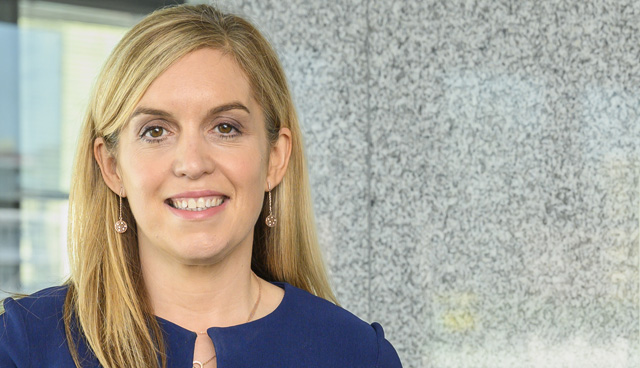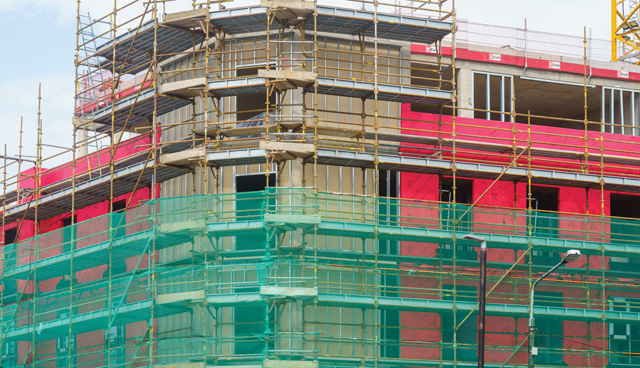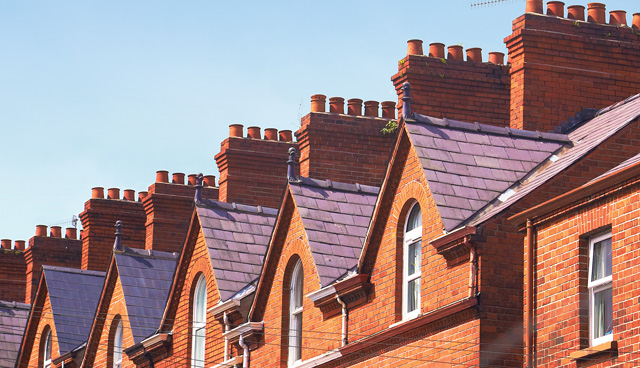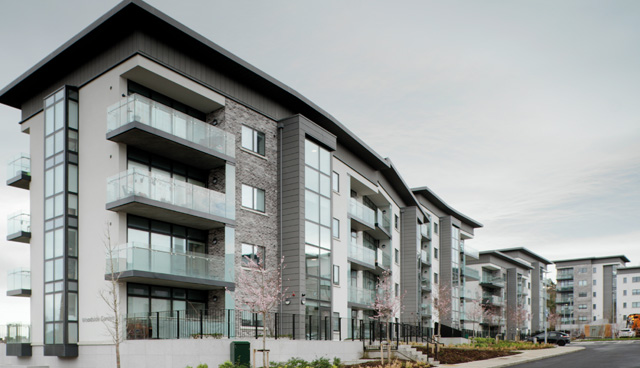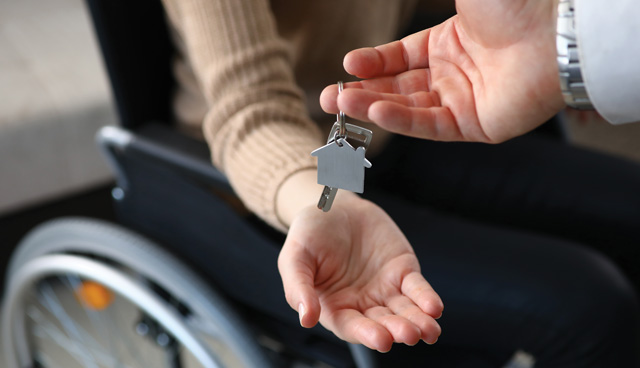
Adapting for the future
18th July 2023
Barcelona’s social and affordable housing policy
18th July 2023Ireland needs to foster the right conditions for new housing supply

Ireland has a dysfunctional property market. The scars of the downturn of 2008 have meant that the country has struggled to scale up housing supply to meet the requirements of the population. The consequences are particularly acute for apartment development, where there are multiple complexities and risks that have resulted in minimal levels of development since 2008.
The results of this are evident on a daily basis upon review of Irish media; it is causing significant hardship and anxiety for much of the population, especially younger age ranges. Ireland, a small open economy on the edge of Europe, cannot on its own fund the country’s housing programme.
Since the 1980s, the State has looked to foster economic development and attract corporate foreign direct investment with a range of highly competitive tax arrangements which ultimately led to the corporate tax rate of 12.5 per cent in the 1990s. This strategy recognised the importance of international trade and investment in the future of the economy. The environment it created formed the foundation for multiple domestic and international businesses to thrive and helped to kick-start the wider economy, providing employment for thousands and arguably acting as one of the main catalysts for the regeneration of Dublin city.
The country requires flows of money from outside the State to be able to fund the supply of new homes. We cannot rely on the Irish Government and the taxpayer to fund more than a quarter of the total required annual outlay of up to €20 billion. Similar to the successful 12.5 per cent corporate tax rate and the stable operating environment that has prevailed over the last 22 years, Ireland needs to have a stable operating environment for funders of housing, be they direct lenders or investors.
“Similar to the successful 12.5 per cent corporate tax rate and the stable operating environment that has prevailed over the last 22 years, Ireland needs to have a stable operating environment for funders of housing, be they direct lenders or investors.”
Unstable operating environment
The suppliers of new homes – builders and developers – as well as their funding partners, who are investors in many cases for complex apartment developments, also need a stable and workable environment to operate in. Balancing costs and revenues on housing projects can be a fine line, a line which has been significantly challenged over recent years as result of Covid-19, unprecedented lockdowns, and supply shortages of both materials and labour, as well as widespread increased costs.
The challenges faced by the industry include:
- delays in the planning systems, including vexatious objectors;
- viability for apartments;
- increasing building regulations;
- overnight changes in legislation relating to residential property taxes;
- unfavourable tax treatment of small investors;
- changing the residential investment properties rent regulations several times in the last six years;
- increases in administration and costs for managing residential investment properties; and
- some local authorities bringing in adjustments to planning guidelines that make apartment development unfundable.
Government measures
The Government’s Housing for All strategy estimates a requirement for 33,000 new homes per year between 2021 and 2030, which has been overtaken by demographics. As a result of pent-up demand and demographic trends the housing need is for over 50,000-60,000 new homes per year. The country requires a multi-track approach to providing these new homes – delivering social housing, affordable housing, and private housing – for owner occupiers and renters.
The extension of the Help to Buy Scheme and the introduction of the First Home Scheme are very welcome as they give confidence to builders and their funders to allow them scale-up supply on individual sites.
Benefits of new apartment development
As a result of the challenges around funding and viability, apartment development has for the most part been taking place mainly in Dublin, and for the rental market as the model of selling to owner occupiers has not been feasible for large projects (over 50 properties).
There has been development in the counties surrounding Dublin, however, apartments remain largely unfundable and unviable in most parts of the State.
The new accommodation that has been built in Dublin, which is mostly in the suburbs, is assisting in moderating prices at all levels of the market and improving the standard of rental accommodation available, as stock that was built pre-2008 becomes quite aged, as well as freeing up accommodation for renters in the lower and mid ranges of the market. With financing of more than €10 billion from larger Irish and international funders and investors, this has facilitated the construction of more than 15,000 new homes, which provides accommodation for more than 27,000 people – this has to be seen as positive for the country.
Need for stability in order to scale up housing

Ireland needs a significant increase in the delivery of new homes to be built over the next 10 years and we need the State and private sector to be working at full capacity to achieve this.
It is essential that politicians and State bodies ensure they are well informed and implement policies that ensure developments for the social, affordable, and private sectors are supported. Regular consultation with key stakeholders is vital. While a balanced approach to development is required, suggesting and implementing policies that go against one form of tenure or another and create anunfundable development framework, will only serve to reduce new supply.
Similar to the definitive corporate tax policy, which was one of the cornerstones of Ireland’s economic development for over 25 years, Ireland’s construction, funding and investment sector needs stability and national and local government needs to provide this.
Hooke & MacDonald
118 Baggot Street Lower
Dublin 2
PSRA No. 001651
T: 01 661 0100
E: info@hmd.ie
W: www.hookemacdonald.ie/



